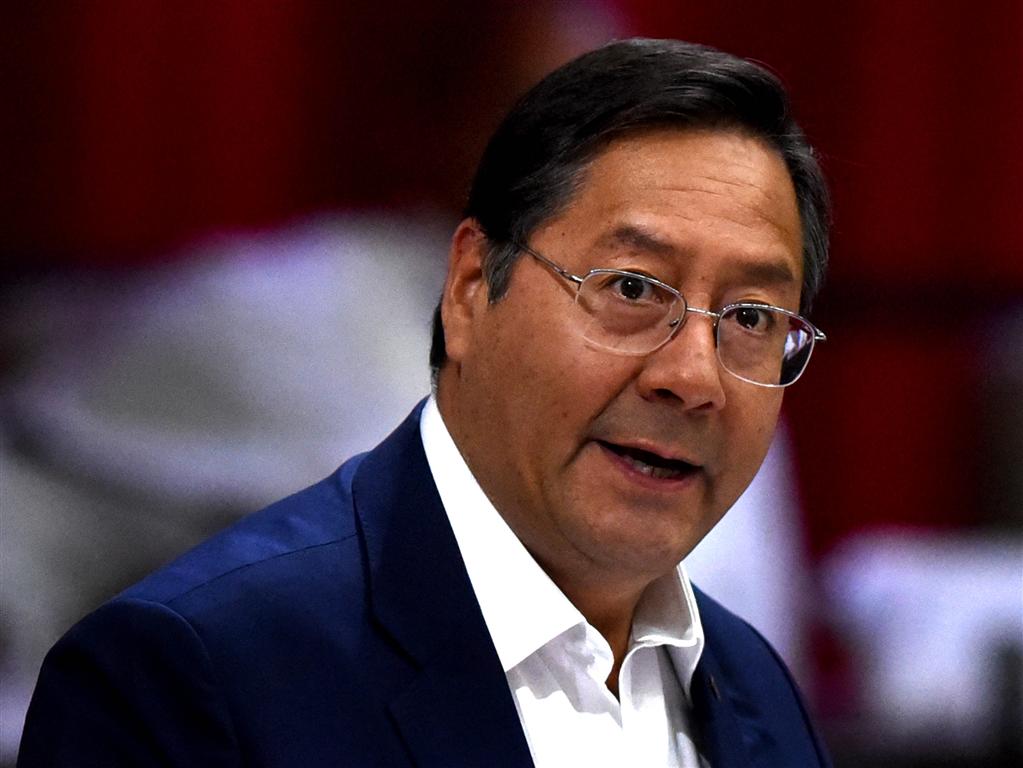On this occasion, he mentioned some government guidelines promote departmental development in the context of the Productive Social Community Economic Model.
He highlighted among them what he called the March to the North and the construction of industrial factories to guarantee food sovereignty.
“We have poultry, livestock, swine and fish industries. That implies industries, employment, and strengthening the COD,” said the president in a speech during the commemoration of that anniversary.
Regarding that celebration, he delivered office equipment to improve the work of that confederation and announced the construction of a union headquarters.
“(…) In tribute to the COD, we want to announce that the social infrastructure construction project was approved by the Space Projects Unit (UPRE), delivering the symbolic document to undertake the project,” said the head of state.
During his speech, Arce highlighted the COD’s history of struggle in defense of labor rights and its confrontation with the neoliberal model.
He recalled that it was created based on the Federation of miners, workers, artisans, students, builders and intellectuals, who, with the then executive secretary of the Bolivian Workers’ Confederation Juan Lechín at the head, formed the first directory.
He stressed this structure had as its objective the defense of workers´ rights of the department of La Paz.
Founded on October 20, 1952, the dignitary recalled, the organization bringing together workers from various sectors of the department, faced “tough battles” against de-facto governments interested in dismantling it.
He insisted that the history of the COD of La Paz was the “history of workers” because they faced dictatorships despite the fact that many leaders were persecuted and prosecuted, until democracy was consolidated in 1982.
It meant that your participation was also very important in this process. Subsequently, he stressed, they maintained resistance to the neoliberal model implemented in Bolivia on August 29, 1985, with the dismissal of thousands of workers.
It meant that the COD resisted, and in 2003 a change was achieved when the workers and the people decided to go against a privatizing government that was an enemy of the workers.
“Therefore, the history of the COD includes all these events of struggle against the oligarchy, against dictatorships and the implementation of the neoliberal model that is disastrous for the working class,” Arce concluded.
ef/lam/jpm









